Meet the SatRAP team
Ignacio Ciampitti, a quantitative agronomist with a focus on the integration of digital agriculture in the context of complex farming systems. With a strong academic foundation, including a bachelor’s and master’s degree from the University of Buenos Aires and Ph.D. in agronomy from Purdue, Ciampitti’s research explores the integration of crop eco-physiology and plant nutrition with data science, remote sensing, and crop modeling tools. Ciampitti has trained many graduate students, research scholars and post-doctoral researchers, and led critical key projects with industry and farmers around the globe.
For this project, his role will be to help integrate the crop phenology models with irrigation data to develop effective decision support tools for improving water use and irrigation.
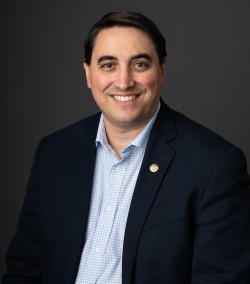
Ignacio A. Ciampitti, Technical Aim
Purdue University
Ignacio Ciampitti, a quantitative agronomist with a focus on the integration of digital agriculture in the context of complex farming systems. With a strong academic foundation, including a bachelor’s and master’s degree from the University of Buenos Aires and Ph.D. in agronomy from Purdue, Ciampitti’s research explores the integration of crop eco-physiology and plant nutrition with data science, remote sensing, and crop modeling tools. Ciampitti has trained many graduate students, research scholars and post-doctoral researchers, and led critical key projects with industry and farmers around the globe.
For this project, his role will be to help integrate the crop phenology models with irrigation data to develop effective decision support tools for improving water use and irrigation.
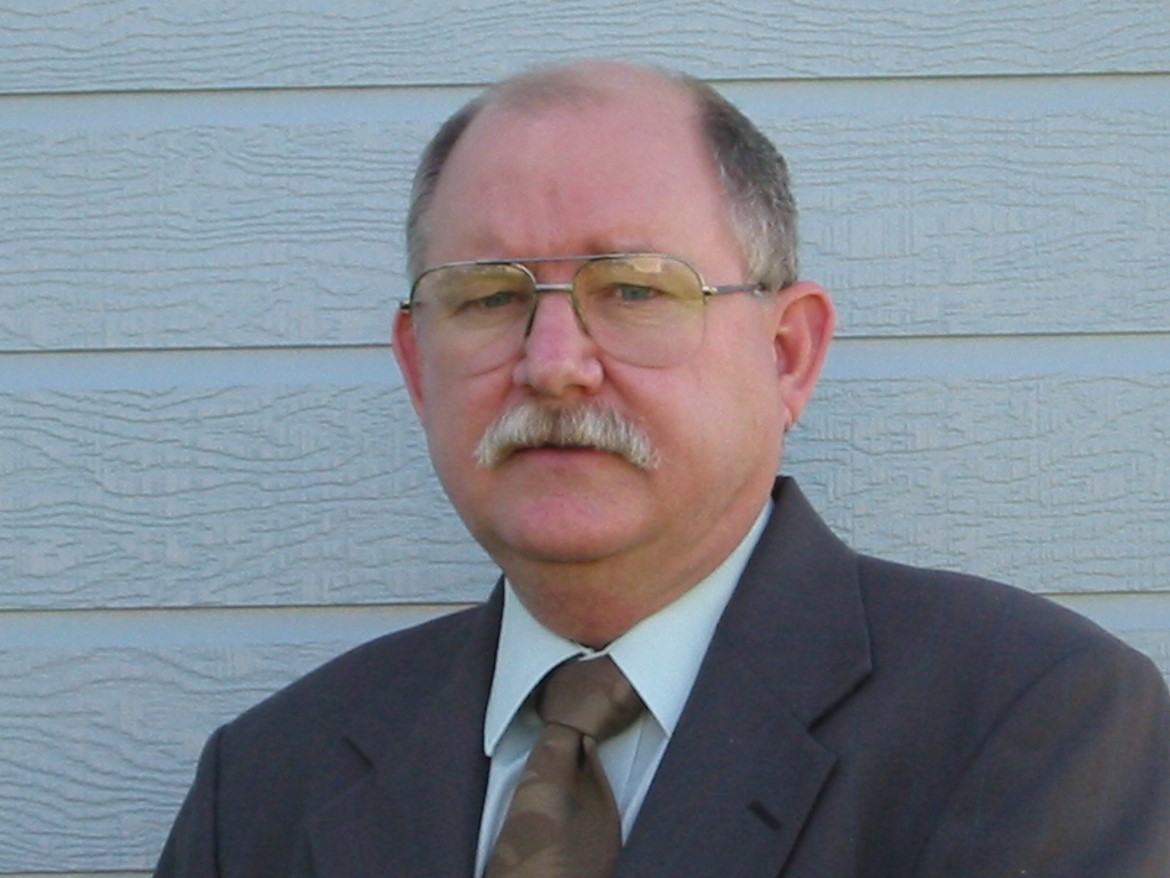
Bill Golden, Socio-Economic Aim
Kansas State University
Dr. Golden focuses on research in natural resources and farm management issues related to irrigation and the production of agricultural commodities. Specifically focusing on evaluating water policy and usage, and the impacts these have on the environment, producers and the regional economy. For the SatRAP grant Dr. Golden develop and apply economic models to evaluate producer decisions and impacts on the regional economy. He will apply temporal allocation models to evaluate the impacts of various policies. These models will incorporate field-scale water use efficiency calculated in this research.
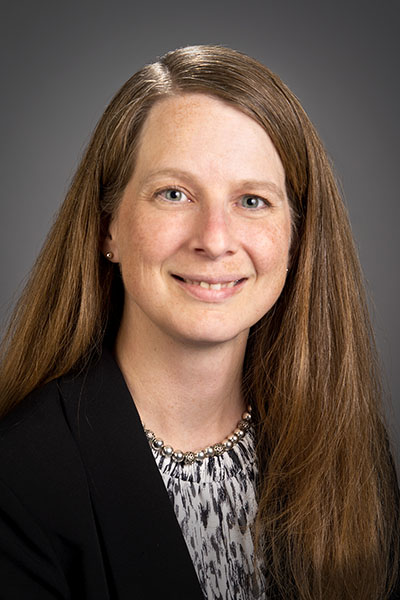
Bridget Guerrero, Socio-Economic Aim
West Texas A&M University
Dr. Guerrero's research interests include economic analysis of production agriculture, socioeconomic modeling, water policy, and regenerative agricultural practices. She is originally from Vega, Texas where her family farms. In this project, she will estimate the regional economic impacts of producer transition from irrigated agriculture to dryland crop production and pasture. She will engage regularly with the research team to identify all direct impacts that may cause spillover effects on the regional economy and broader community overall for the transition to dryland identified in this proposed work as aquifer levels deplete.
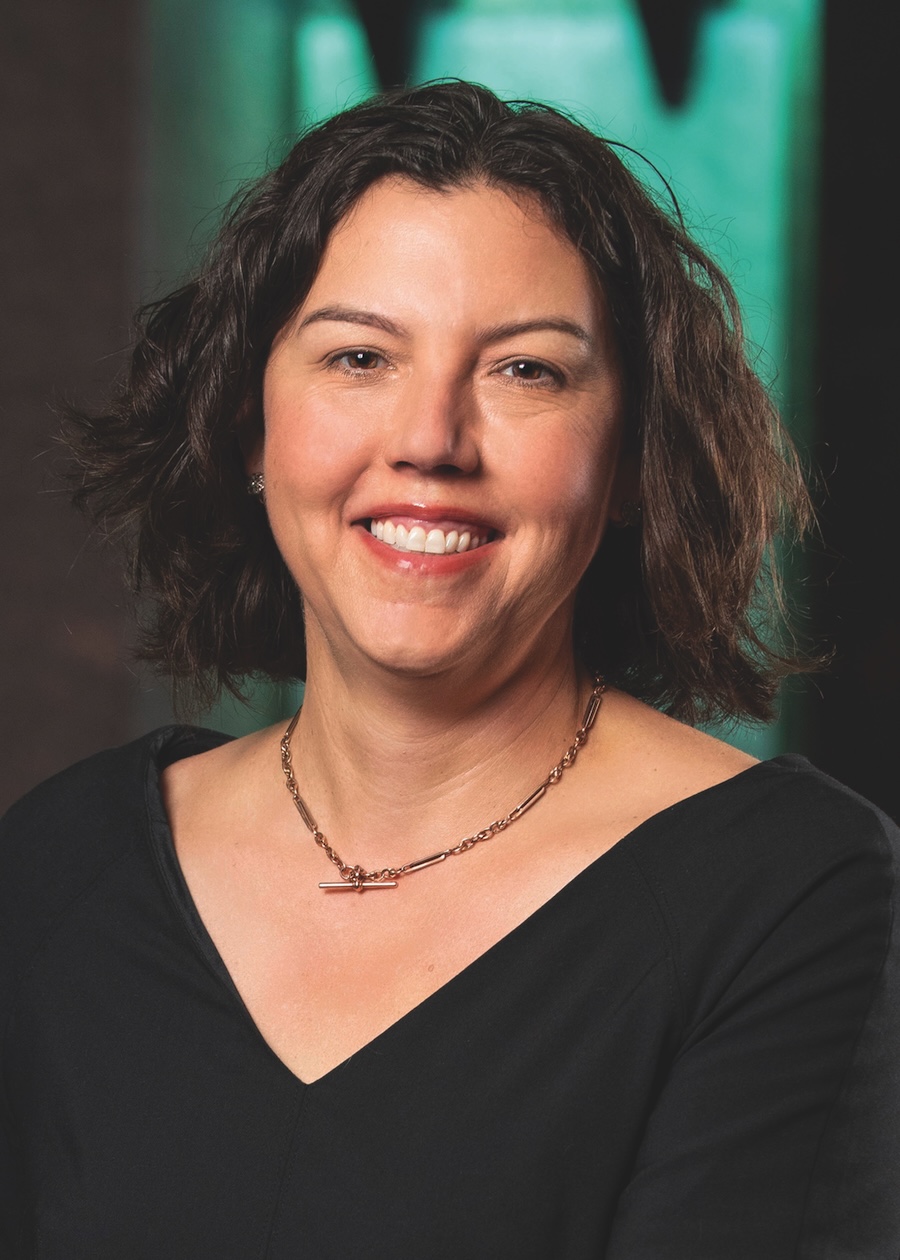
Amy Hardberger, Socio-Economic Aim
Texas Tech University School of Law
Dr. Hardberger's work focuses on the intersection of water with other disciplines. Her academic writings focus on shared water governance, international water law, energy/water nexus, water pricing, the human right to water and Texas groundwater. For this project, she will be evaluating the role of law and policy in creating incentives or limitations on the adoption of conversation-based technologies and practices.
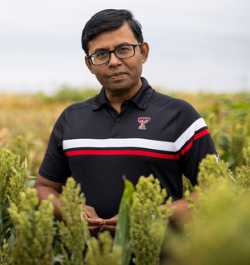
Krishna Jagadish, Lead, Technical Aim
Texas Tech University
Dr. Jagadish is the Thornton Distinguished Chair of Plant & Soil Science with Texas Tech University, directing the research and coordinating the TeCSIS-TAWC program (Texas Coalition for Sustainable Integrated Systems Research Program and the Texas Alliance for Water Conservation). He also serves as Director of the Davis College Water Center. His research program at Texas Tech focuses on optimizing forage-based cropping systems, developing new tools to enhance water conservation and improve soil health. The goal of his program is to effectively integrate forage-crop-livestock components to enhance economic benefits and environmental sustainability in the Southern High Plains. On the USDA SatRAP project, Dr. Jagadish and team will be responsible for the establishment and operation of the Eddy Covariance LICOR 710 ET system, including 5-6 different soil moisture sensors i.e., aquaspy, autonomous pivot, GoField, Sentek drill and drop etc. as a technology demonstration site on a producer field. In addition, his team will identify 15 different producer fields in 5 different counties in west Texas, install soil moisture measuring technology and obtain producer records for all these producers. He will be responsible for reporting the progress achieved in the west Texas region and will ensure the overall objectives as planned are completed.
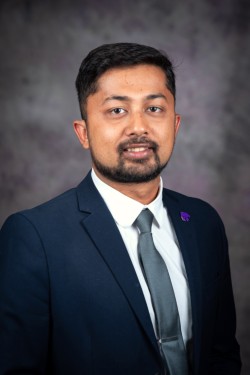
Gaurav Jha, Technical Aim
Kansas State University
Dr. Jha's research focuses on integrating sensor-based technologies, and geospatial analytics to improve decision-making in site-specific crop and water management. At Kansas State University, he leads the Digital Agronomy Research Team (DART), working across disciplines to support sustainable agricultural practices in the Great Plains. Within the SatRAP project, Dr. Jha will contribute to technical innovation and on-farm demonstration of precision irrigation systems, helping to evaluate water use efficiency, crop response, and the role of remote and proximal sensing tools in improving resource stewardship.
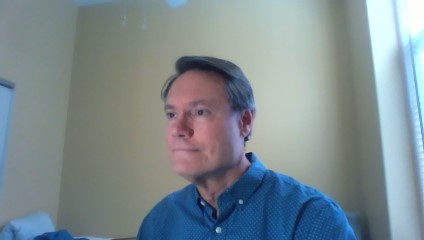
Lee Johnson, Technical Aim
California State University - Monterey Bay
Lee Johnson is a Senior Research Scientist at California State University Monterey Bay, and is jointly affiliated with the Earth Science Division at NASA Ames Research Center. His focus is on agricultural applications of remote sensing with emphasis on crop evapotranspiration, and he is a member of the OpenET team. He has served as PI or co-investigator on several federal and state grants and authored/co-authored almost 50 peer-reviewed journal articles and technical book chapters. Lee supports SatRAP’s Technical Aim, primarily with regard to utilization of OpenET data.
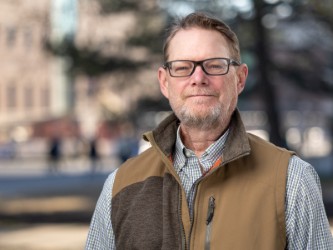
Dayton Lambert, Socio-Economic Aim
Oklahoma State University
Dayton Lambert is a Professor and Willard R. Sparks Chair in Agricultural Sciences & Natural Resources at Oklahoma State University. He holds a degree in Agricultural Economics from Purdue University (PhD) and Aquaculture & Aquatic Sciences from Auburn University (MS). His research and teaching programs focus on production economics, technology adoption, and regional economic impact analysis. He served as a research economist with the United States Department of Agriculture Economics Research Service, 12 years as a faculty member at the University of Tennessee, and now OSU.
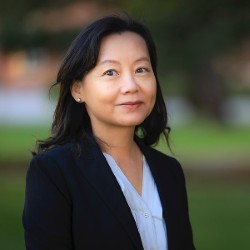
Lixia H. Lambert, Socio-Economic Aim
Oklahoma State University
Dr. Lixia H. Lambert is an Assistant Professor in the Department of Agricultural Economics at Oklahoma State University. Her research focuses on natural resource and environmental economics, including water resources, the bioeconomy, renewable energy development, logistics and supply chain management, and operational research. Dr. Lambert will be working on the development of the economic optimization model, as well as policy scenario development and analysis in the SatRAP project.
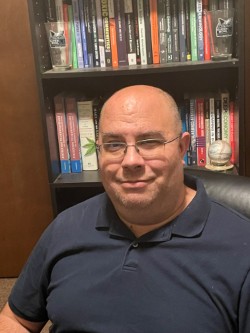
Michael Long, Socio-Economic Aim
Oklahoma State University
Michael Long is Professor of Sociology at OSU. He is the author/co-author of nine books and over 100 journal articles and book chapters primarily in the areas of environmental sociology, sustainability, food insecurity, agriculture, hazards/disasters, extreme weather, and quantitative methodology. Michael is part of the socio-economic SatRAP team working on the social and cultural impacts of changing precipitation on producers and communities in the Ogallala Aquifer.
Andra McCowen manages the USDA Satellite-enabled Resilient Ag Project (SatRAP) at Kansas State University, where she leads coordination and implementation efforts focused on sustainable water use in the High Plains region. She has a background in international sustainable development and community nutrition with over a decade of experience in managing international agriculture and food security programs. Her previous roles include leadership positions at RTI International, the Sustainable Intensification Innovation Lab at Kansas State University, and UC Davis.

Andra McCowen, Program Manager
Kansas State University
Andra McCowen manages the USDA Satellite-enabled Resilient Ag Project (SatRAP) at Kansas State University, where she leads coordination and implementation efforts focused on sustainable water use in the High Plains region. She has a background in international sustainable development and community nutrition with over a decade of experience in managing international agriculture and food security programs. Her previous roles include leadership positions at RTI International, the Sustainable Intensification Innovation Lab at Kansas State University, and UC Davis.
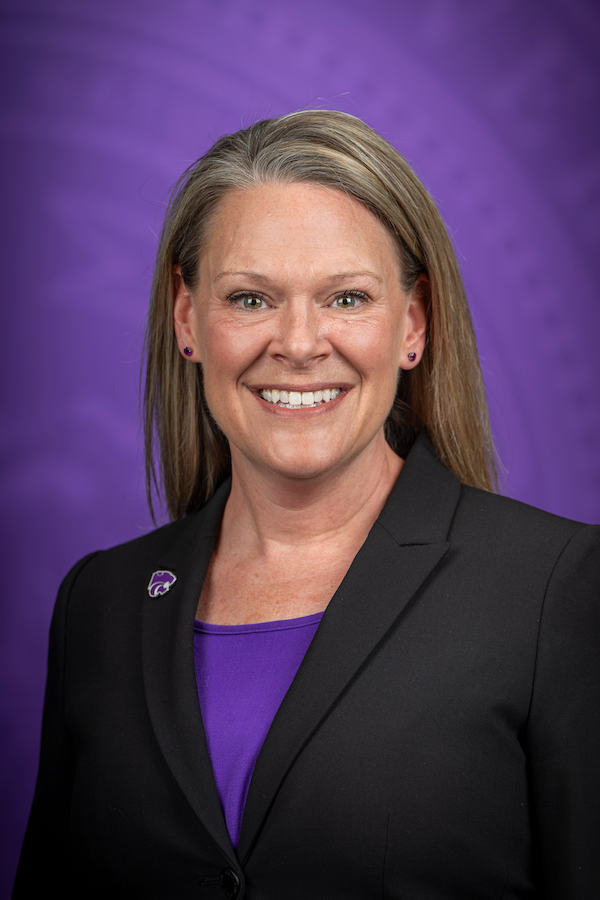
Susan Metzger, Lead, Education and Outreach Aim
Kansas State University
Susan Metzger leads strategic interdisciplinary initiatives at Kansas State University, where she collaborates with university leadership and external partners to advance integrated agricultural programs. With a background in biological sciences and leadership communication, she brings deep expertise in water policy, natural resource management, and stakeholder engagement. Prior to joining K-State, she held leadership roles at the Kansas Department of Agriculture and the Kansas Water Office, where she played a key role in shaping the state’s water future. Her work supports the university’s land-grant mission by fostering cross-disciplinary collaboration and applied research that addresses critical challenges in water security and sustainable agriculture.
Dr. A.J. Purdy is a senior research scientist and adjunct faculty in the Department of Applied Environmental Science at CSUMB and NASA Ames Research Center. He supports coordination and science advances for OpenET and currently serves as a Science Team technical expert for NASA’s Western Water Applications Office. His research experience includes the development of satellite-driven evapotranspiration models, ground ET measurements, and development of actionable information from scientific data. He is interested in developing tools and applications of scientific models and data to support water management. Dr. Purdy’s research experience has leveraged data from multiple NASA satellite missions (Landsat, MODIS, OCO-2, SMAP, GRACE, and ECOSTRESS) to study changes in water availability and model water cycling. Dr. Purdy’s role on the SatRAP project will be supporting the technical objectives related to ground-based ET measurement and applications and analysis of OpenET data.
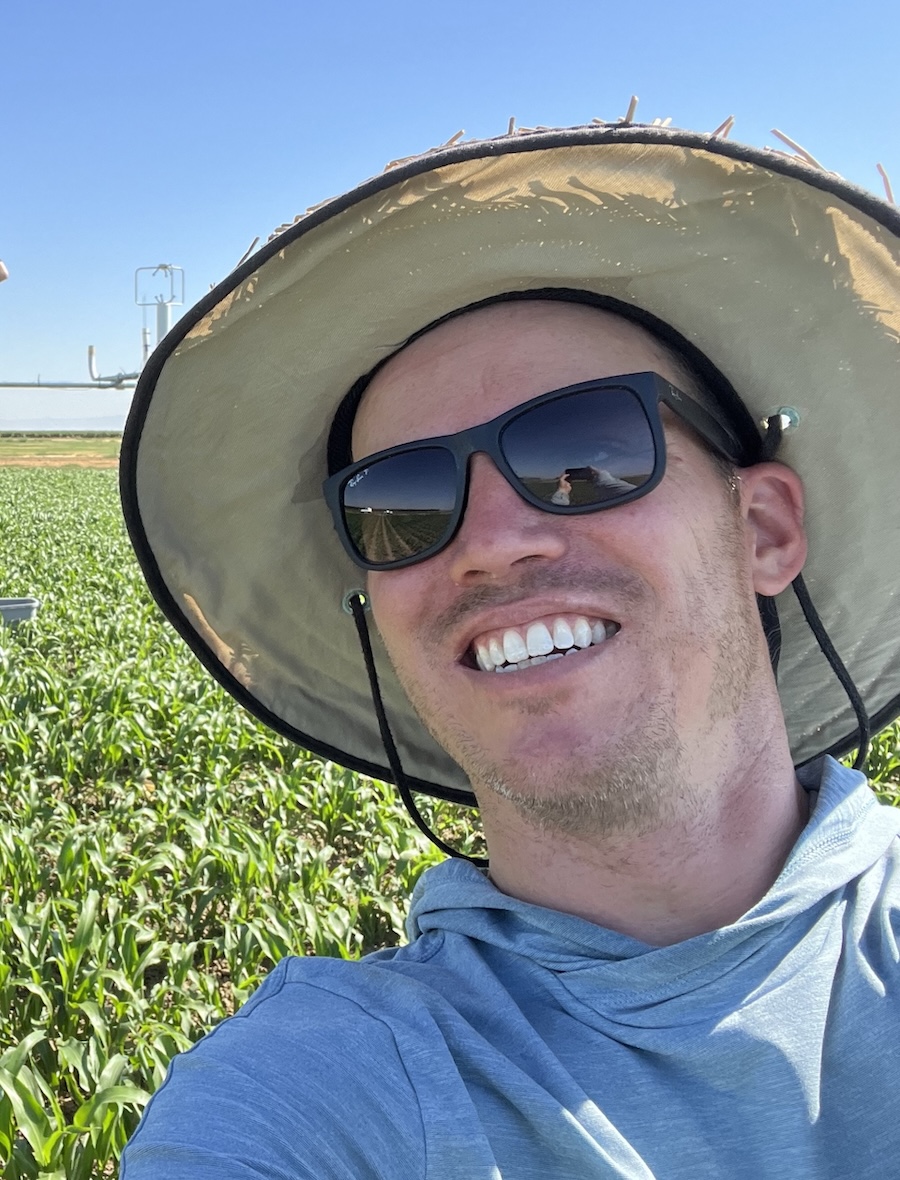
AJ Purdy, Technical Aim
California State University - Monterey Bay | NASA ARC-CREST
Dr. A.J. Purdy is a senior research scientist and adjunct faculty in the Department of Applied Environmental Science at CSUMB and NASA Ames Research Center. He supports coordination and science advances for OpenET and currently serves as a Science Team technical expert for NASA’s Western Water Applications Office. His research experience includes the development of satellite-driven evapotranspiration models, ground ET measurements, and development of actionable information from scientific data. He is interested in developing tools and applications of scientific models and data to support water management. Dr. Purdy’s research experience has leveraged data from multiple NASA satellite missions (Landsat, MODIS, OCO-2, SMAP, GRACE, and ECOSTRESS) to study changes in water availability and model water cycling. Dr. Purdy’s role on the SatRAP project will be supporting the technical objectives related to ground-based ET measurement and applications and analysis of OpenET data.
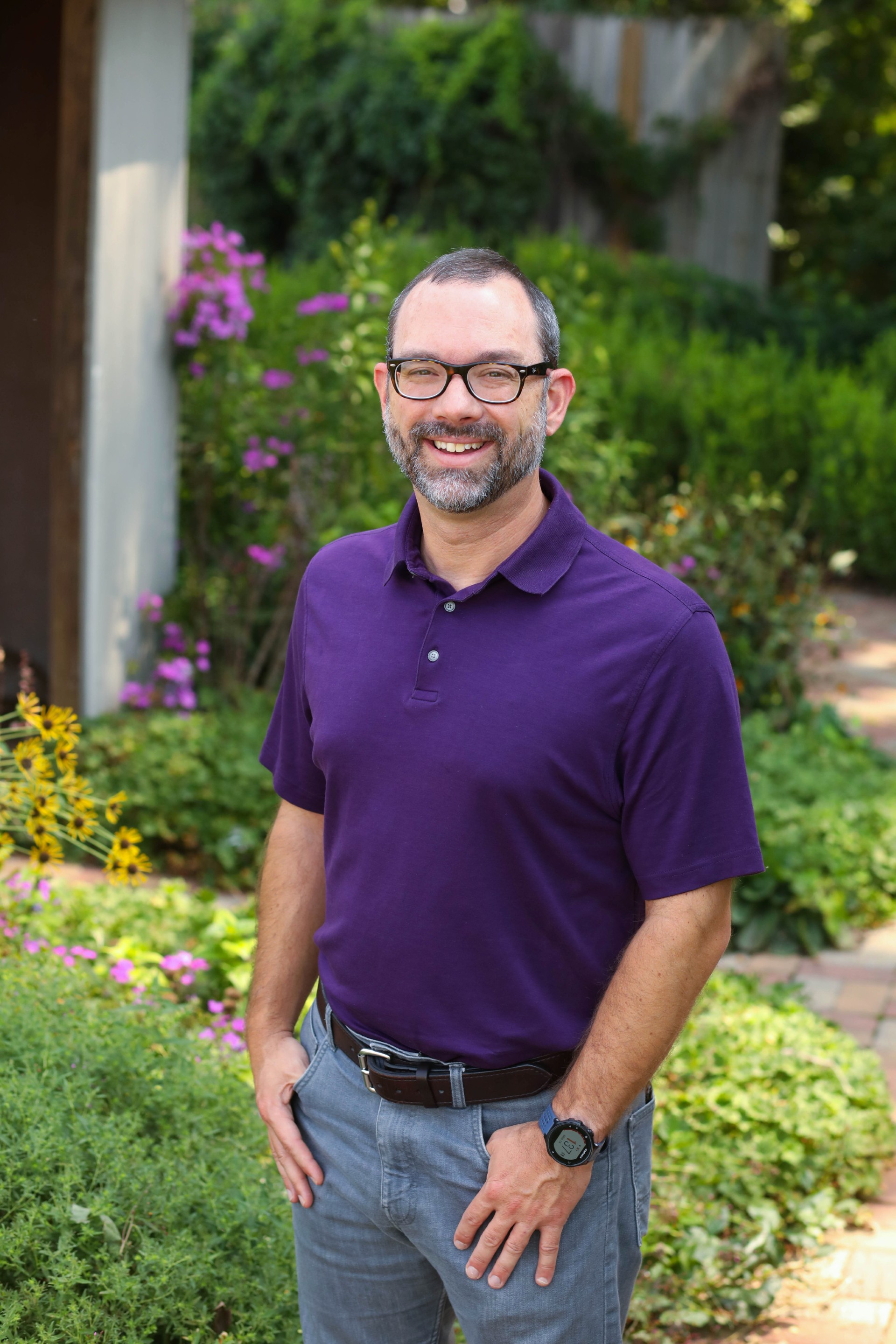
Matthew R. Sanderson, Socio-Economic Aim
Kansas State University
Dr. Sanderson's research investigates how social relations inhibit or facilitate natural resource conservation. His projects examine how social structures influence groundwater management at multiple scales (from community to global); how social networks shape participation in group decision-making within common pool resource settings; how social factors affect adoption of irrigation technologies; and how culture influences perceptions of the science, knowledge, and information used to make decisions about agricultural adaptations.
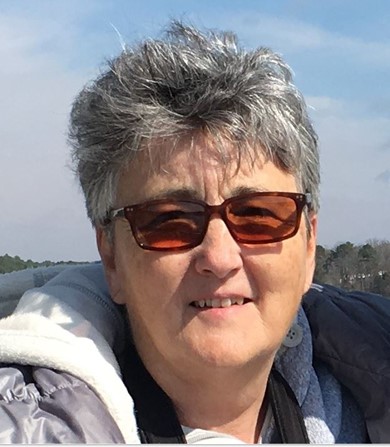
Jean L. Steiner, Socio-Economic, Education and Outreach Aims
Kansas State University
Dr. Steiner was appointed by Governor Laura Kelly to the Kansas Water Authority in 2020 and is committed to supporting innovative policies that can sustain the sustainability of water resources in the state of Kansas and beyond. In 2022 the KWA issued a policy statement rejecting the state’s prior “planned depletion” approach to management of the Ogallala Aquifer. Working with this project, the group plans to explore how state and local entities that operate under a diversity of legal and policy frameworks can address shared objectives to protect the Ogallala Aquifer resource and the economies and communities that are built on that resource. Prior to this project, Steiner worked as a USDA Agricultural Research Service researcher on a wide range of irrigated cropping, rainfed cropping, and grazing systems in arid to humid regions, with emphasis on climate adaptation and sustainability of agriculture at field to watershed scales. In addition to water policy work with the Socio-Economic Team, she will support the project’s mentoring program, led by the Education and Outreach Team.
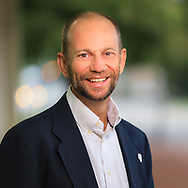
Kevin Wagner, Lead, Socio-Economic Aim
Oklahoma State University
As Director of the Oklahoma Water Center, Dr. Wagner provides leadership and administration of the Center’s programs; leads efforts to increase engagement with the water resources community across Oklahoma and the U.S.; and facilitates development of inter-disciplinary teams to address high priority water resources issues. His research and Extension efforts aim to: (1) strengthen stakeholder engagement by integrating science with human systems for water policy and management; (2) advance watershed assessment, planning, and sustainability; (3) improve understanding of water use and conservation adoption; and (4) promote private land stewardship by evaluating conservation practices and addressing adoption barriers. As part of the USDA SatRAP project, he leads the Socio-Economic Team, assisting with policy development and evaluation.
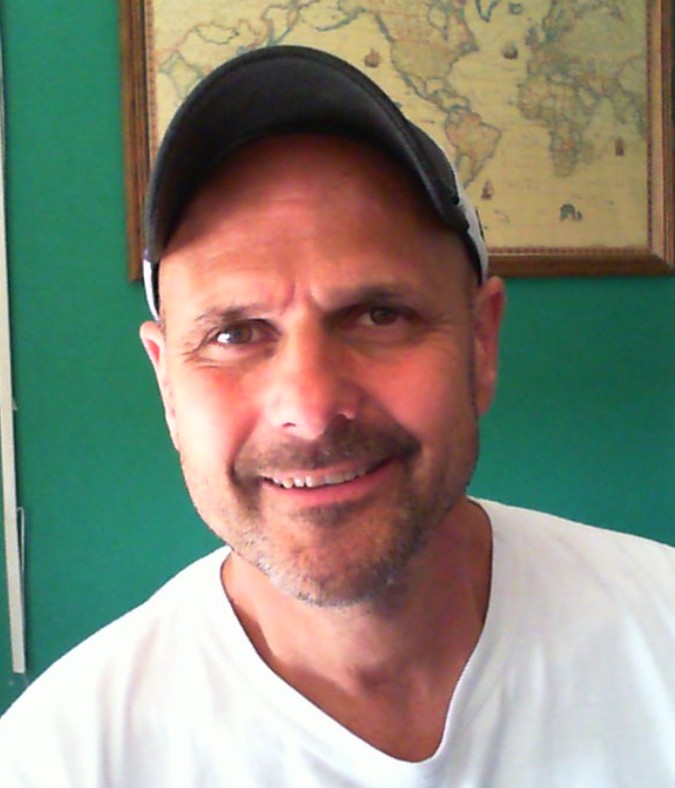
Brownie Wilson, Technical Aim
Kansas Geological Survey
Research interests include GIS application development, groundwater modeling, and data processing related to water resource management. Primary role in the SatRAP grant is to work with other team members and collaborators to establish relationships between groundwater pumping (or a proxy) and water-level change in order to provide a measure of any reductions in water usage needed, on average, to stabilized water levels for the next decade or two.
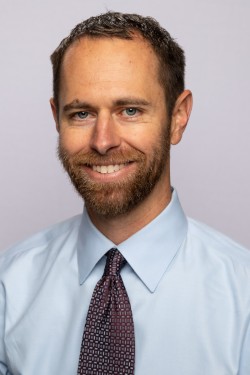
Joey Young, Education and Outreach Aim
Texas Tech University
Dr. Young's research focuses on applied solutions to guide sustainable turfgrass management for lawns, athletic fields, and golf courses. Much of his work addresses water conservation and quality challenges experienced in these managed turfgrass systems. Additionally, he has been completing a USDA-Education and Workforce Development grant centered around developing educational curriculum for high school teachers to confidently teach turfgrass management to their students. These experiences have opened doors and created experiences that will allow him to build broader course curriculum to be implemented in high schools or colleges to instruct key principles and findings from other aims to the next generation of water users and decision makers.
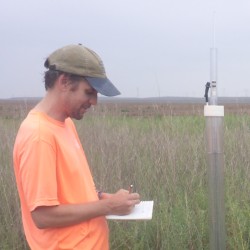
Sam Zipper, Technical Aim
Kansas Geological Survey
Sam Zipper leads the HydroEcology of Anthropogenic Landscapes (HEAL) group as an assistant scientist at the Kansas Geological Survey and assistant professor in the Department of Geology at the University of Kansas. His research program uses models, data science, and field observations to understand how local, regional, and global change impact the water resources of Kansas and the Great Plains region now and in the future. On the SatRAP project, he is part of the technical team focused on developing OpenET-based models of water use. See samzipper.com for more information.